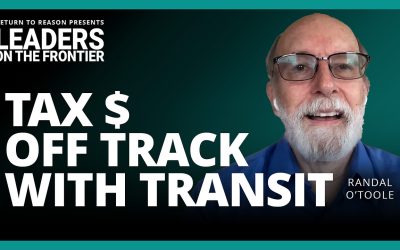Introduction
Sometimes governments invest in or provide investment subsidies to private enterprises for reasons of national security or in times of national emergency. While the specifics of such intervention may be contentious, few would question the necessity.
However, sometimes governments in Canada have established ongoing programs to invest in private enterprises and/or sponsor or participate in venture capital pools with private sector investors. The stated public policy objectives generally relate to the preservation or enhancement of existing businesses or jobs or the establishment of businesses to diversify the economy and to create income, output and employment.
Commercial Economic Infrastructure Enterprises
Government investment in private enterprises is distinct from government ownership of certain commercial enterprises in the early stages of a jurisdiction’s economic development to ensure the provision of basic economic infrastructure, such as local telephone service, natural gas transmission and distribution, and electrical transmission and distribution.1 These enterprises tend to be natural monopolies due to large initial capital costs and economies of scale that tend to make a single firm the most efficient provider in a particular geographic area.
The public policy purpose for government investment in economic infrastructure enterprises can be characterized as a pragmatic response to a perceived private sector market failure, i.e., the private sector on its own may either be unwilling to provide an essential infrastructure service throughout the jurisdiction, or, in certain areas, only at what is considered to be a socially unacceptable cost.
The public policy purpose of government ownership of a commercial natural monopoly in the early stages of a jurisdiction’s economic development is to ensure that safe, reliable, cost-effective economic infrastructure services are made available to all citizens and businesses. Once the infrastructure is in place, and the original public policy purpose is presumably achieved, then citizens can and should determine whether government ownership continues to serve a continuing public purpose.



